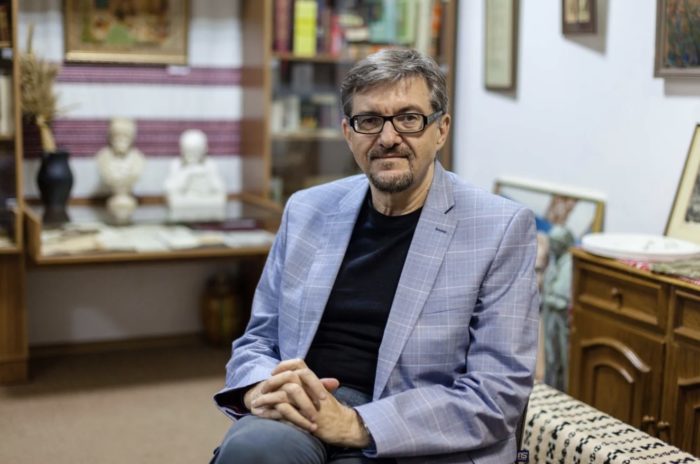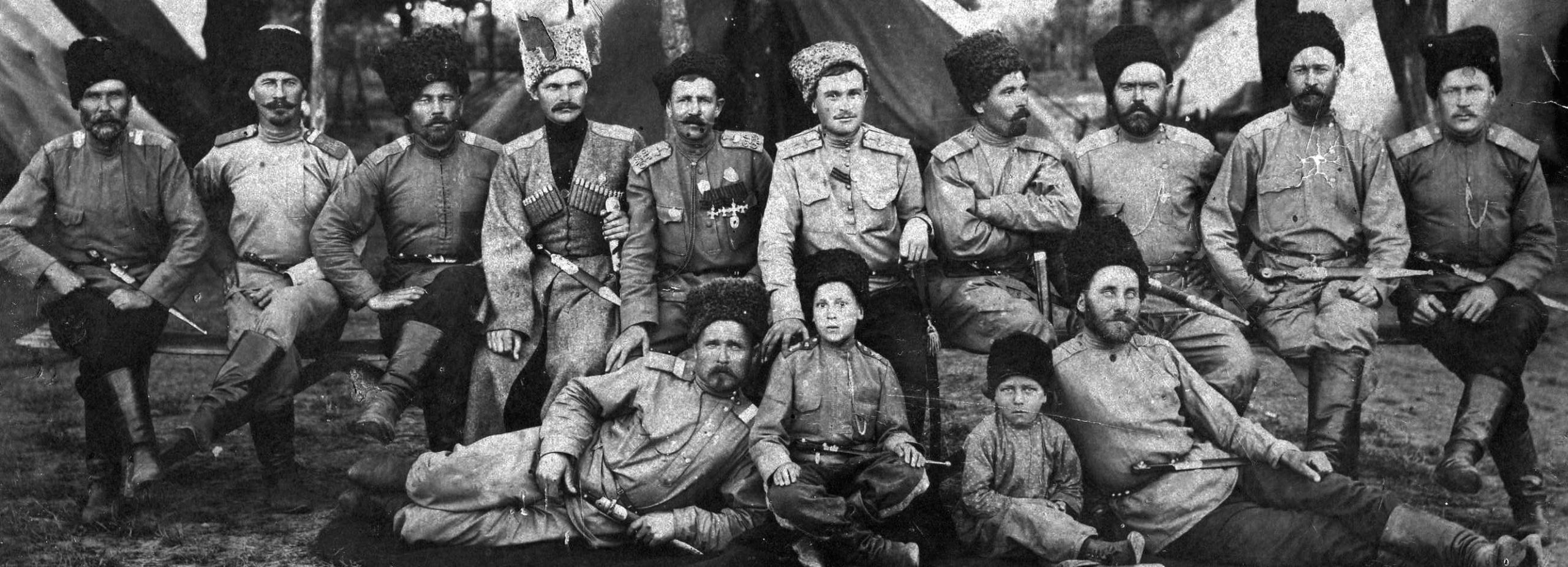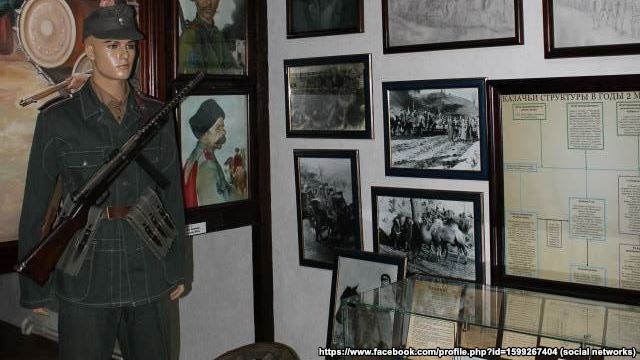The ideology of Ukrainians and Russians as "brotherly nations" is now dead, just like the once-popular idea of the "brotherhood" of Poles and Russians. Ukrainians were like Scots in the British Empire, helping build and maintain it, but that time has now passed. This means that Ukrainians are finally taking ownership of their state, ending the centuries-long hostility to their empire-building elites. About this and more in our interview with world-known historian Serhii Plokhii.
EP: How, in current circumstances, should Ukrainians deal with the fact that, in the 17th century, some Cossacks allowed the Russian Empire to use them against the Polish-Lithuanian Commonwealth by concluding the Pereiaslav Treaty with Moscow? And that Russia is now exploiting this to speak about alleged "brotherly" Russian and Ukrainian nations?
Modern Russia is not even talking about the Ukrainians being a "brotherly" people. It were Soviet ideologues who promoted this notion. But nowadays, Russia claims Ukrainians and Russians are one people. When Putin says that Russians and Ukrainians are one people, he does not say that they are brothers. He says that Ukrainians are Russians and that Ukrainians do not exist and should not exist. The legitimacy of Ukraine at any level is rejected. Among other beliefs, it is said that Lenin invented Ukraine, and there are major accusations directed at Lenin that he generally tolerated something akin to the Ukrainian Soviet Socialist Republic.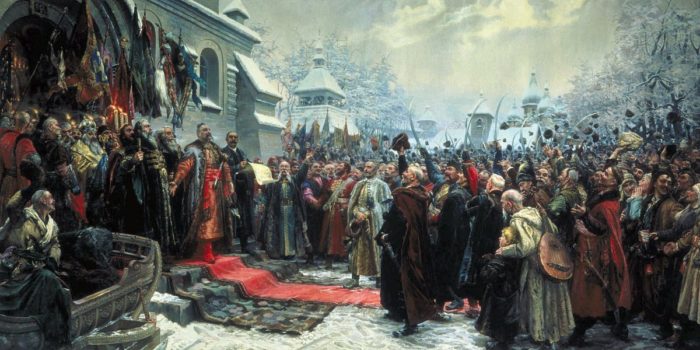
EP: But suppose that liberals come to power in Russia tomorrow. And they say, "Yes, Ukrainians exist, but as a fraternal people. We were always 'brothers.' So why not just forget some minor quarrels?" as many of them said after 2014, instead of apologizing. What should the response be, based on historical memory?
From the perspective of historical memory, the concept of fraternal nations is a historical phenomenon. And it is associated with specific historical periods. The Pan-Slavic ideas first emerged in the 19th century. At the time, Russians and Poles were regarded as brotherly nations. And Slavs were expected to band together against non-Slavs, particularly Germans. It is not only Pushkin's idea but also one partially shared by Kostomarov and Shevchenko. Such was the time. Then came Polish uprisings, and the idea of fraternal nations of Russians and Poles receded into the past. The Soviet period produced the concept of fraternal Russian and Ukrainian nations. Today, this notion is also completely destroyed in this war.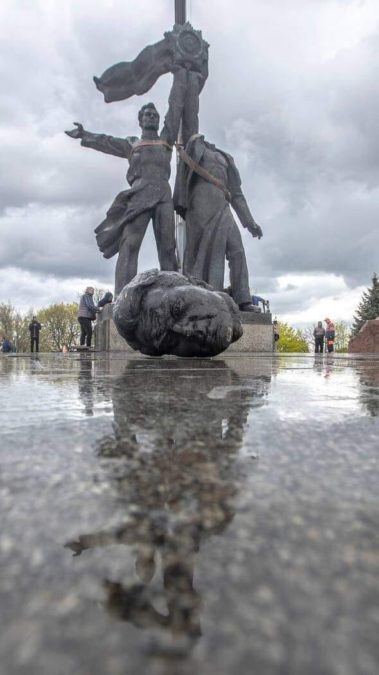
Such claims [about fraternal people] must be met on two levels: first, "Get in line,” and second, "Show that you at least treat the so-called brotherly people with respect.”For me, as a historian, it is merely a reflection of a certain period's discourse. It varies based on the behavior of the so-called fraternal or non-fraternal nations.
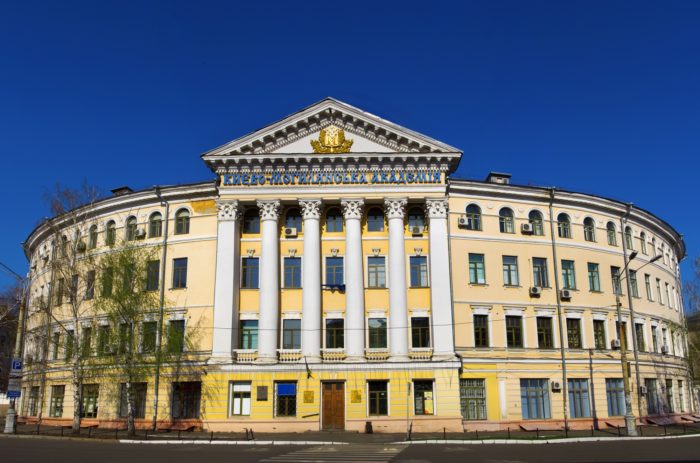
EP: In modern Ukraine, we respect and remember Hetman Ivan Mazepa, who fought Russians, and Hetman Ivan Vyhovskyi, who negotiated Ukraine's equal status within the Polish-Lithuanian Commonwealth. But there were also figures such as Feofan Prokopovych, and other Cossack and church elites. They became loyal to the tsar and were among the first to advance into the Russian Empire. So, how should we understand Ukraine's role in the Russian empire today: were Ukrainians slaves, masters, or both at the same time?
Like any other non-state people, Ukrainians joined the construction of other states, cultures, and imperial peoples. Ukrainians played perhaps a more prominent role than any other group in the Russian Empire, especially starting from the 17th century. The Westernization of Russia and the Russian Empire occurred largely at the expense of graduates of the Kyiv Mohyla Academy, the most Western-oriented educational institution. Prokopovych is an example of this, but also [Chancellor of the Russian Empire] Bezborodko and many others. It continued later in the 19th century. Ukrainians in the ranks of the imperial army played a significant role. And then, it continued in Soviet times with all those Ukrainians brought to power by Khrushchev and Brezhnev.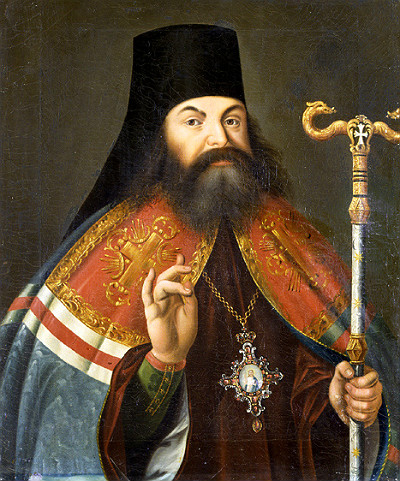
EP: Were Ukrainians more involved in empire-building than the Poles or the Baltic nations?
We were involved longer. [Regarding the Poles], for example, after the partition of Poland, the Poles played a crucial role in building the Russian empire, partly under the motto of Pan-Slavism. For instance, Adam Jerzy Czartoryski was a close adviser to Alexander I. He was the de-facto minister of foreign affairs of the Russian Empire at the beginning of the 19th century, replacing [Ukrainian] Oleksandr Bezborodko. German Baltic nobles, the elite, made up a significant part of the Russian army and became part of their aristocracy. Both Poles and Swedes joined the same processes in which Ukrainians were involved. Empires are powerful politically, economically, and culturally. It is so because they manage to skillfully use the resources of the people they conquered culturally, educationally, and militarily.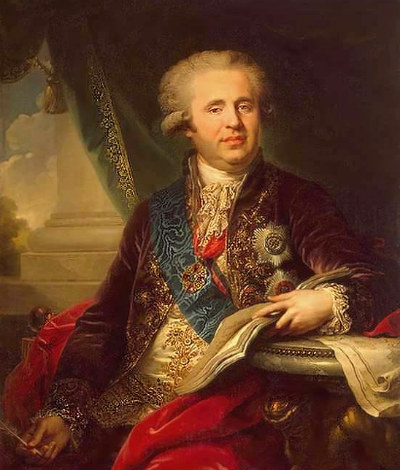
EP: Yale historian Timothy Snyder recently claimed in the NYT article "We Should Say It. Russia Is Fascis" that Russia fits all criteria of the fascist state. Do you agree? Maybe you want to add something to his evaluation?
First, I think that this state has many features of a fascist state. This state has the cult of the leader. It has the cult of the fallen. It also has the cult of lost greatness that must be restored. Moreover, it has the subjugation of the individual, the idea of a super-empire. We see all these features in modern Russia. It is classic fascism. But none of the fascist states was fundamentally kleptocratic, as Putin's regime is today. There are certain parallels, and there are differences.Ukraine is a major battleground for understanding WWII: historian Serhii Plokhii
EP: Ukrainian literature is replete with a specific form of populism, in which simple good folks oppose the bad elites who have betrayed the people and sided with the empire. Can we say that modern Ukraine has already overcome this?
The very framework of this issue is populist as if there is a people who remain faithful to values and ideas and there is a traitorous elite. It is a 19th-century model. I would look at it a little differently. I would see it as a problem of empires creating a situation where the Ukrainian elite is culturally different from the Ukrainian people. The only exception is the Hetmanate, where the Cossacks were able to form their elite, which later merged into the ranks of the Russian nobility. And these people later produced Ukrainian historical narratives and created Ukrainian literature, like Kotliarevskyi and others. I would look at it as a question of cultural differences between the elite and the people due to the empire, including the cultural policy of the empire. Today, the Ukrainian people are beginning to overcome their traditional opposition to the state. These changes are happening. And the elite is also becoming more state-oriented. These are new phenomena for both the elite and the people. The state becomes the factor around which both unite. In the early 1990s, the post-Soviet elite created a state and had reasons to love this state. This elite used the state as a way to accumulate wealth. The general public had less reason to be optimistic about this state because it gave them little, except for the ideologically-oriented people. But now, the current Russian war against Ukraine led to the Ukrainian state having become a key factor for the wider public. It is a way to survive. It is a system that can help provide electricity and protect with the help of the army. The critical historical moment today is the unification of the elites and the broader public around the idea of the state and the value of the state.Ukraine, the Gates of Europe of the last millennia, and their meaning for Russia – Serhii Plokhii explains
Read more:
- Kyivan Rus era caves discovered in Kyiv
- Baturyn massacre which brought Russian Empire to rank of global powers and destroyed Ukrainian Cossack state recalled
- Russian ideology: imperialism, militarism, and racism
- How Moscow hijacked the history of Ukraine-Rus’
- Pushkin monuments disappear from Ukrainian streets following Lenin, as decolonization is underway
- What to read about the Holodomor at Euromaidan Press
- Ukrainians consider Poland, Lithuania, UK & US the most friendly nations; Hungary and China joined the list of hostile — poll

